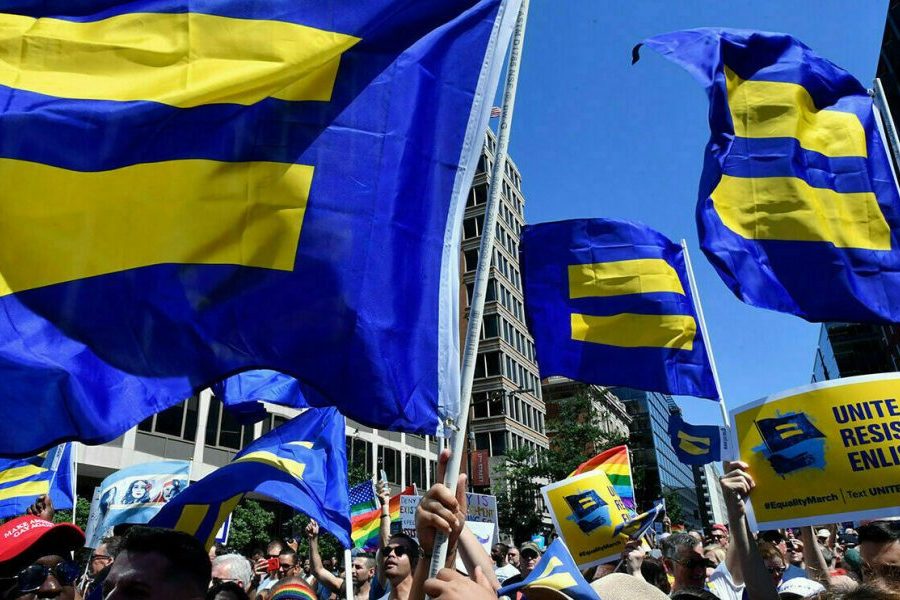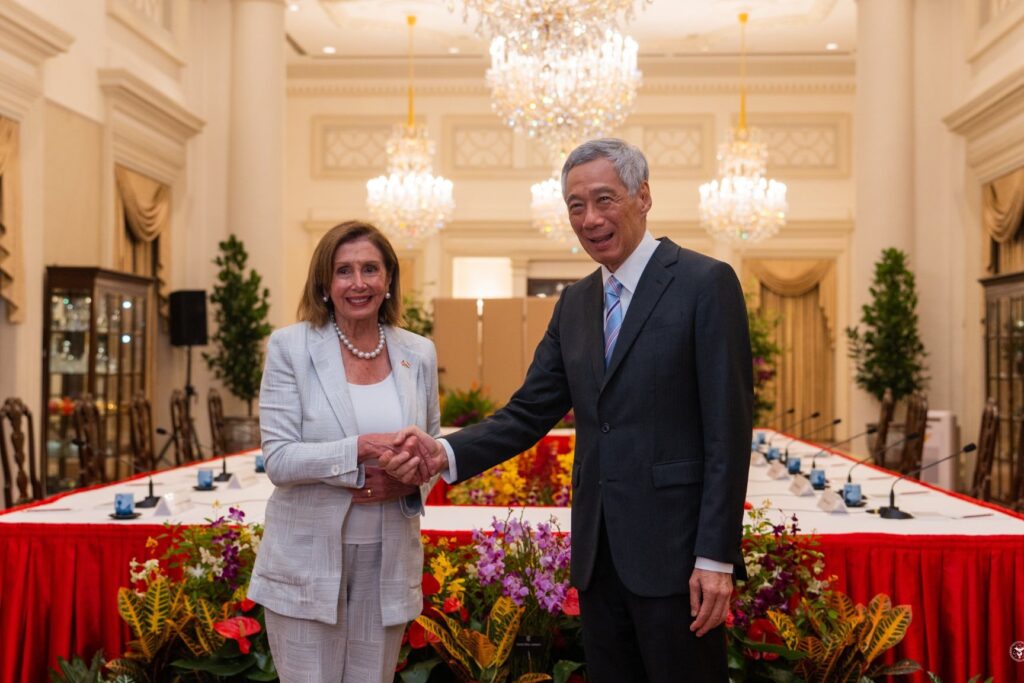Discrimination Checklist
Does your workplace practice viewpoint sensitivity?
Use our checklist as a litmus test.

Litmus Test #1
You are pressured to use preferred gender pronouns
Workplaces that enforce LGBTQ ideology require you to state your own and use others’ preferred gender pronouns. This affirms the idea that gender is not linked to biological sex, but based on psychological self-perception.

Litmus Test #2
Your values or religion has been labelled as “archaic” or “bigoted”
A workplace that permits labelling your values is discriminatory, regardless of whether it was directed at you or your community. Such a culture undermines Singapore’s racial and religious harmony.

Litmus Test #3
A job seeker, speaker, vendor or client has been disfavoured for holding your values
Sometimes, in the name of “culture fit” or “reputational risk”, a company might disinvite or disfavour candidates who hold the same values as you. This perpetuates discrimination beyond the company into the wider society.

Litmus Test #4
You are given different lanyards or other identifiers that segregate you for your values
When employees’ values are distinguishable by whether they wear pride symbols, there is a risk of ostracism on the basis of values. Declining to wear pride symbols might make you an outgroup, which causes you to feel uncomfortable or singled out.

Litmus Test #5
You are required to attend training that affirms LGBTQ ideology
During diversity and sensitivity training, you might feel emotionally manipulated to affirm LGBTQ ideology. Sometimes, trainers might invoke the threat of self-harm among LGBTQ persons to inflict a moral dilemma within your convictions. Or they may suggest that disapproval of LGBTQ ideology is disrespectful and unprofessional.

Litmus Test #6
Your performance is evaluated based on whether you affirm LGBTQ ideology
Examples of this include:
- Implementing preferred pronouns, preferred bathrooms, preferred gender identifiers and pride employee resource groups (ERGs).
- Implementing affirmative action in recruiting and retaining LGBTQ-identified persons
- Favouring LGBTQ activist organisations in corporate giving.
- Featuring LGBTQ activists and LGBTQ behaviours in advertisements, media, memos.

Litmus Test #7
You are obliged to attend pride or LGBTQ-affirming events
You may be told that LGBTQ-affirming events are not compulsory. However, if work-related announcements are made or your performance is impacted by your absence, your are being given a forced choice between work or your values.

Litmus Test #8
LGBTQ activism overshadows the inclusion of disability, cultures, generations, socioeconomic status
If funding, attention, manpower and networks overemphasise LGBTQ activism, your workplace might be prejudicing legitimate needs.







